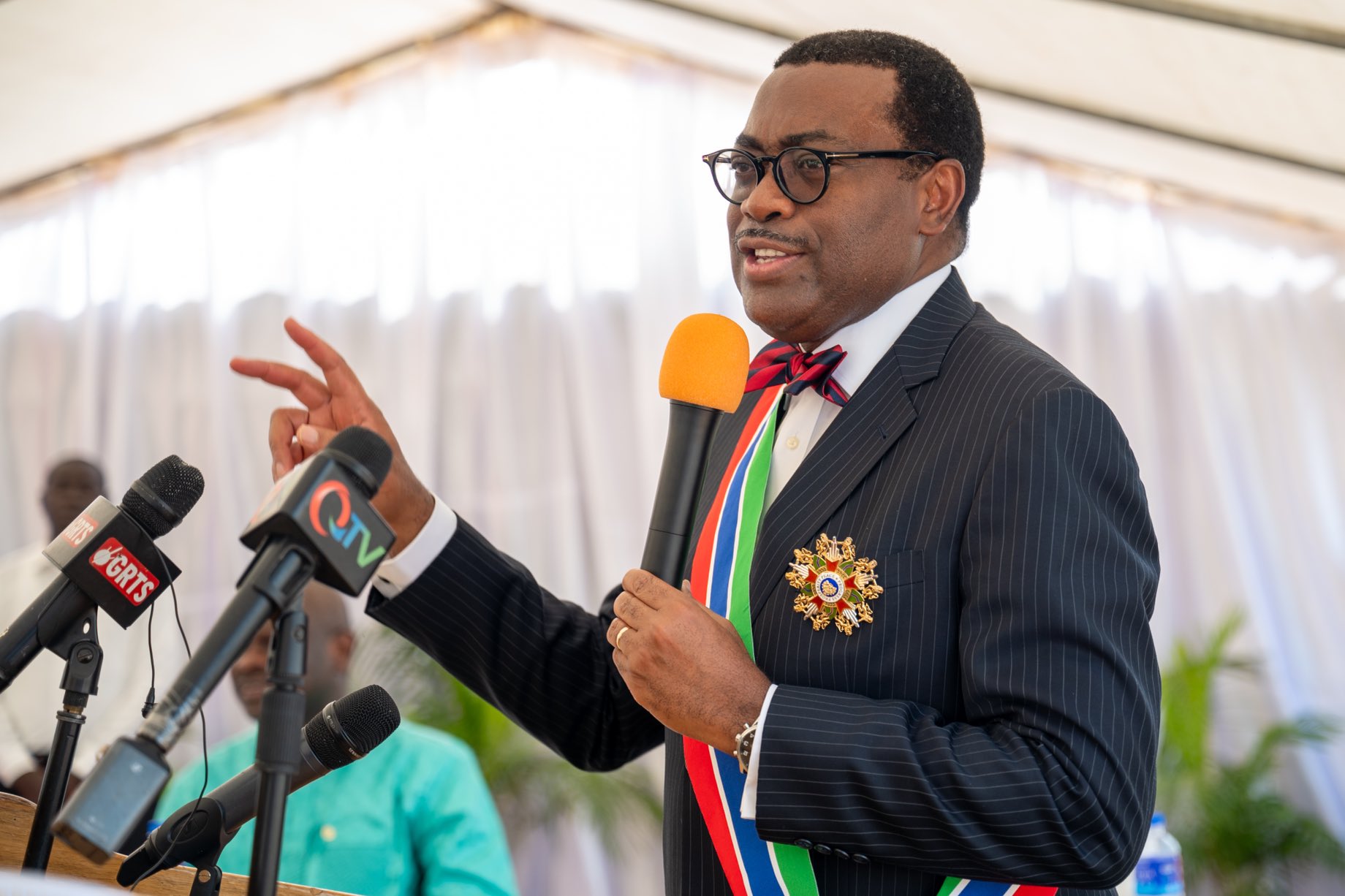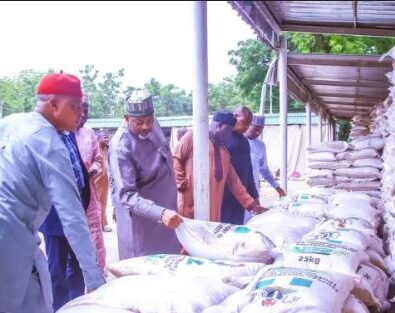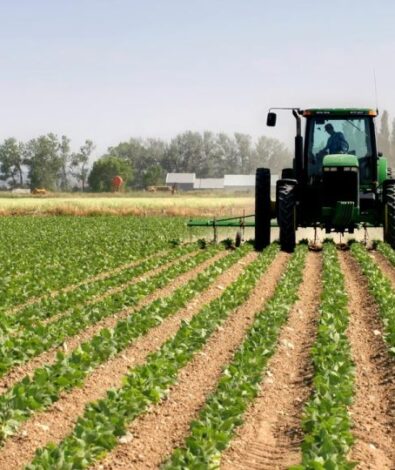AfDB Pledges $2.9bn to Develop Agriculture in Nigeria, Other African Countries

The African Development Bank (AfDB) has pledged to invest $2.9 billion to agriculture development in Nigeria and several African countries.
AfDB President, Dr. Akinwumi Adesina made this commitment in a statement published on the AfDB’s website on Tuesday, on the sideline of the bank’s annual meeting in Nairobi, Kenya.
Since the bank’s summit in 2023, Adesina said, six African countries, including Nigeria, have set up presidential-level councils to drive implementation of the Country Food and Agriculture Delivery Compacts agreed at the summit, an agenda set up by the AfDB last year wherein African countries could mobilize and align government resources, development partners and private sector financing to achieve food security in each country.
Adesina stated that progress has been made so far and further pledged additional financial assistance to countries that have already started implementing the agricultural agenda.
In his words: “Presidential Councils have taken off in Tanzania, Democratic Republic of Congo, Central African Republic, Nigeria, Sierra Leone, and Zambia, while the councils in Benin, Burundi, Chad, Côte d’Ivoire, Cameroon, Ethiopia, Egypt, Ghana, Guinea-Bissau, Senegal, Malawi, and Togo are in the process of operationalization.
“At that summit, $72 billion was mobilized for agriculture development and transformation across Africa.
“Now the Bank has committed to invest $2.9 billion to support these Compacts, and also appointed two Special Envoys to coordinate and support the Presidential Delivery Councils.”
Adesina also identified climate change, global volatility of food prices, and geopolitical shocks as part of the obstacles limiting Africa’s ability to feed itself.
He stressed “the Bank’s commitment to investing $25 billion over a ten-year period to increase food production and bolster the continent’s agricultural resilience” in Africa.
Adesina said for the envisioned agricultural transformation in Africa to crystalize, effective collaboration and cooperation by stakeholders is needed.
“The need to raise agricultural productivity; the need to significantly expand private sector financing for agriculture; the need for younger farmers in the agriculture sector; the need for significant policy support to de-risk agriculture financing,” Adesina added.
According to AfDB, Nigeria is blessed with abundant natural resources, including 70.8 million hectares of agricultural land area in agroecological zones that can support a wide range of food products.
The bank believes the agricultural land area in Nigeria is a huge market within the country and across West Africa, with a possibility of attracting financial inflows from about 400 million people.
It urged Nigeria to exploit the market in view of the African Continental Free Trade Agreement (AfCFTA), which has eliminated barriers to trade in Africa by boosting intra-Africa trade.



